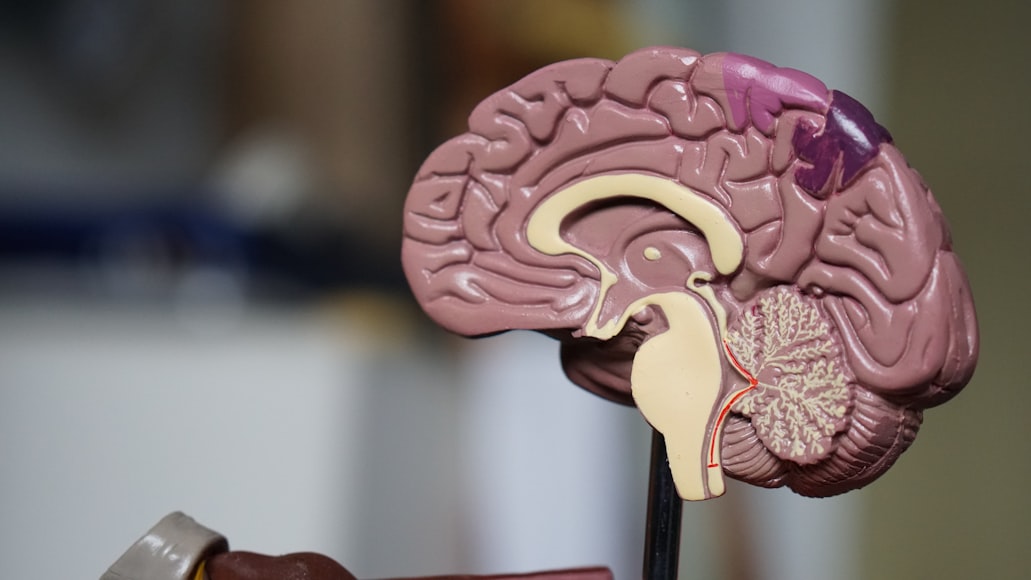Alzheimer's Disease: Explanation, Symptoms, Severity, Prevention and Medicines
Although Alzheimer's affects people over the age of 65, there is no set age limit. Actually, when our body starts getting old, then our brain also starts deteriorating. This can lead to Alzheimer's as the connection between nerve cells or neurons in our brain begins to suffer. Due to this our memory decreases or goes away completely, due to which we start feeling difficulties in recognizing objects and faces.
Due to Alzheimer's disease, a serious condition arises in our body which we call Dementia. capacity begins to decrease or disappear, Alzheimer's disease is one of the rapidly spreading diseases, which damages our memory and other important mental functions.
Alzheimer's is the most common and major cause of dementia, due to which our intellectual capacity starts to decrease drastically, due to which changes have a huge impact on our day to day life.
In Alzheimer's disease, our brain cells begin to die on their own, due to which our memory and mental functions begin to become very complicated.
Symptoms: Symptoms of Alzheimer's are divided into three main categories namely early symptoms, moderate symptoms and severe symptoms.
 |
| Photo from Unsplash |
Early symptoms
These early symptoms of Alzheimer's are very subtle and mild, due to which we do not understand, due to which this disease starts progressing, but still we have told ten such symptoms, which shows its onset, these symptoms are as follows:
- Losing something and finding it difficult to find it back.
- Decreased memory every day.
- Feeling rhetorical in planning or solving a problem.
- Taking more time to complete normal tasks in the day.
- Do not pay attention to the time at all.
- Difficulty in determining distance or distinguishing colors.
- Trouble in conversation.
- Making a wrong guess while taking a decision.
- Staying away from social activities.
- Changes in mood and personality and increased anxiety.
Moderate symptoms
Alzheimer's disease spreads rapidly to most areas of our brain, causing our family and friends to feel changes in our behavior, these can be called moderate symptoms. These include the following symptoms:
- Having problems recognizing friends or our family members.
- Language problems or difficulty in reading, writing etc.
- Being rhetorical in thinking and thinking.
- Feeling inability to learn new tasks and deal with unforeseen situations.
- To get angry unnecessarily.
- Perceptual problems including problems getting up from a chair or table and repeating things or activities or sometimes feeling muscle tremors.
- To remain in illusion or confusion, unnecessarily doubting others.
- Having problems with impulse control, starting to use bad language at inappropriate times or places.
- Disturbances in behavior, anxiety, restlessness.
Severe symptoms
These are the symptoms of the third or last category which are quite serious. These include the following symptoms:
- Lack of bladder and bowel control.
- Continuous loss of weight.
- Occasional seizures.
- Skin infection.
- Moaning or sighing and grunting.
- Difficulty in swallowing food.
Severity: Alzheimer's can cause many problems related to memory or language. When suffering from Alzheimer's disease, we find ourselves unable to perform the following tasks:
- Problems expressing pain, for example, dental pain.
- Problems expressing the symptoms of other diseases.
- Developing problems in following prescribed treatment plans.
- Difficulty knowing and describing side effects of drugs.
 |
| Photo From Unsplash |
As Alzheimer's disease reaches its final stage, changes in our brain begin to affect bodily functions. Such as problems with swallowing food, balancing and bowel and bladder control. These effects lead to many additional health problems such as:
Pneumonia and other infections: Patients with Alzheimer's often carry food or liquids into their lungs due to difficulty swallowing, putting them at risk of developing pneumonia.
A tube may be needed to drain and collect urine with the patient being unable to empty the bladder. This greatly increases the risk of urinary tract infections, which can be fatal if they are more severe.
People with Alzheimer's tend to become weak and have problems falling somewhere.
Prevention: The question in your mind must be whether Alzheimer's disease is preventable?
At present, there is no proven way to avoid Alzheimer's disease, but still our scientists are doing a lot of research in this subject. Until now, it has been believed that reducing our risk of heart disease can also reduce the risk of Alzheimer's.
Anyway, many factors that increase the risk of heart disease can increase the risk of Alzheimer's or vascular dementia. These factors include several important problems such as:
- High blood pressure problem.
- High cholesterol problem.
- obesity problem
- Diabetes problem.
Medicines: Alzheimer's is considered a complex disease, for which there is currently no medicine that can successfully treat it, apart from this, there is no possibility of getting any such treatment at present. Currently, patients try to maintain mental function and control behavioral symptoms as well as reduce symptoms of illness.
There are currently several drugs approved by the US Food and Drug Administration (FDA) for the treatment of this disease. Treating the symptoms of Alzheimer's provides people with longer periods of comfort and independence as well as encouragement and support for the family members who care for them.
 |
| Photo From Unsplash |
Most drugs work best in the early and middle stages of Alzheimer's. For example, these drugs may reduce some of the symptoms of Alzheimer's, such as temporary memory loss. It is also important for you to understand that none of these drugs prevent the disease by itself, but they reduce the symptoms of Alzheimer's.
You will need to consult your doctor about which medicines are suitable for you or your loved one with Alzheimer's problem, so we will not prescribe any medicine.
We hope that you have been very satisfied with the information given by us, apart from this, we have also given many disclaimers, which must be read, you must tell by commenting how did you like our blog full of information, thank you.
Disclaimer: First of all, we would like to tell you that the tips and advice given in our blog or video etc. are given from our own thinking and knowledge, you must consult your doctor before accepting them. Read our disclaimer page for more details. Read More
Disclaimer for Prescribed Medicines etc: We consider it our first duty to inform you that you must consult a doctor before buying and using the medicines etc. prescribed by us. We are not experts, so verify the claims of medicines made by us and use them. For more information you can read our disclaimer page. Read More



Comments
Post a Comment